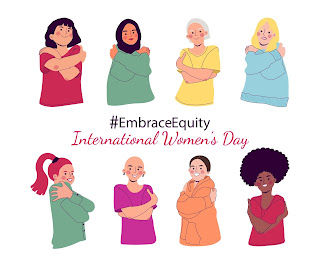Tik Tok Ban, Junaid Akram's Podcast and the Public Opinion.
On 09 Oct 2020, the Pakistan's telecom regulator, Pakistan Telecommunication Authority (PTA) has banned Tik Tok in Pakistan for receiving complaints regarding "Immoral/Indecent" content being posted on the video-sharing platform.
The regulatory body further elaborated that Tik Tok was issued a final notice and was given considerable time to respond, however, the platform was unable to fully comply with the instructions to moderate unlawful online content.
 |
| PTA Bans Tik Tok in Pakistan |
Tik Tok is a China based video-sharing social media site owned by ByteDance, also a multinational internet technology company based in Beijing, China.
In China, Tik Tok is known as Douyin.
This Social Networking application let the users dub, remake and act with music and share short video clips with followers. Comedy is also one of the factors of its popularity.
Soon after the notice of ban was issued, public took to social media to either thank the regulatory body or criticize the move.
Influencers had their own say. Generally, the public opinion had huge diversity.
Recently, Junaid Akram, a Pakistani emerging YouTube star and comedian, recorded and uploaded a podcast on his YouTube channel with Mubeen from Bekaar Films and Muhammad Ali, who also are YouTubers.
The podcast was actually a debate on why the ban of Tik Tok is meaningless.
The key points of the 59 minute and 35 second podcast are following,
1) Tik Tok was a great opportunity for marketing. Obviously, for monetizing any platform for the content creators, marketing and promotion would be a great help.
2) The reason why Tik Tok was famous for cringe content is because the masses want it. The standard of being cool is not being a university student or a degree holder. Obviously, no one calls students doing some good work for a TV show rather those are preferred who do so-so things. Because that will bring rating.
3) The nature of the platform was good for poor people. Obviously, their content would not be feasible for other platforms like Facebook, and YouTube, because the nature of the platform supports educated content.
4) Status quo has been challenged. Poor people were getting attention and ultimately getting rewarded in monetary terms.
5) Government should have provided an alternative first, if it was to ban it.
6) The government did not provide enough details as to how many people complained about it.
7) The ban culture will go on, as cringe content is everywhere, and if they cannot ban others, that means poor is the problem.
here is the video,
The Supporters
Basit Ali, a student, writes,
Tik Tok must be banned forever! not temporarity.
Tiktok must be banned forever.! Not temporarily.
— Basit Ali (@basitkhoso47) October 10, 2020
Mahek Fatima, a student of business administration, celebrates the ban and says,
Although I hate this "Ban" culture, but good job PTA.
Although i hate this 'Ban' culture, but good job PTA!#tiktokban
— Mehak Fatima (@Mehak_Fatima20) October 9, 2020
Opposition Squad
Sania, a student of business administration, opposes the ban in her own way,
All I want to cry....it was my good time pass.
Khadija Rajput replies,
Exactly that's my point Masla hm mn ha "Apps" mn nahi
Malik Rubab vlogs states,
I dnt know why we dnt have an opportunity to showcase our talent now next will be YouTube.
The inquisitive
Harris Usmani says,
Yasir Abbas Malik writes,











Thank you for mentioning my opinions here..
ReplyDeletePleased!
Delete